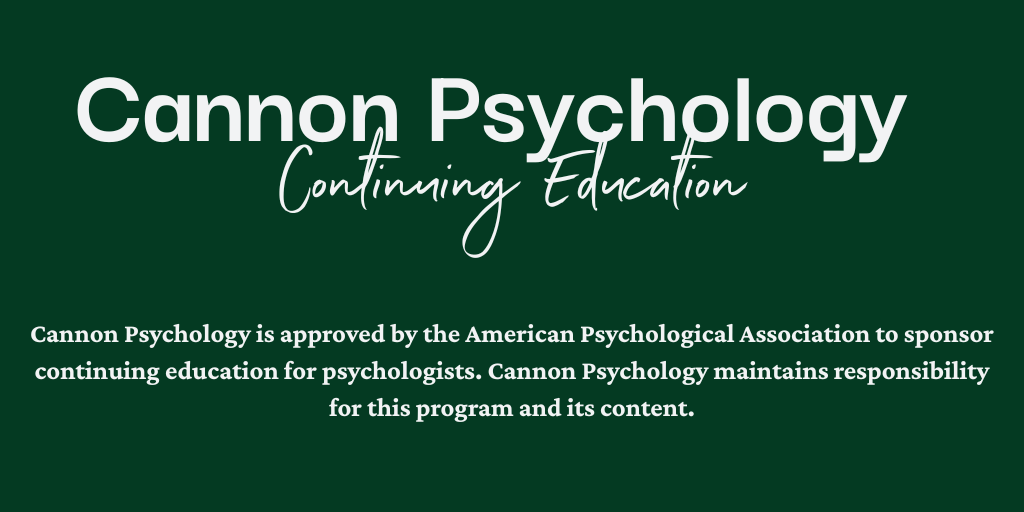

Telehealth: Efficacy, Laws & Ethics Continuing Education
2 APA CE Credits
Introductory Level
Target Audience: Psychologists
$39 for Course
About the Course
The application of Telehealth to clinical treatment exploded during the COVID-19 pandemic, placing the utility, legal and ethical applications to center stage. While Telehealth has many advantages, including accessibility and efficacy, the increased usage has highlighted legal and ethical concerns that could negatively impact patient care.
Via didactic presentation, attendees will review the most recent research addressing the efficacy of Telehealth in clinical treatment, enabling them to enhance informed consent regarding this modality to their clients. A walk through of common legal challenges to implementing Telehealth, including practicing psychology over state lines, privacy/confidentiality and informed consent will assist psychologists in responding to such scenarios.
Utilizing vignettes, the presenter will also navigate common ethical challenges, such as established clients attempting to attend sessions out of licensing area and how to address Medicare Opt Outs & Private Contracts. This pre-recorded webinar is available on demand and must be attended in it’s entirety, partial credit is not awarded.
Learning Objectives
Evaluate empirical evidence regarding the effectiveness of telehealth vs. in- person psychotherapy across major diagnoses
Analyze moderating factors (preference, severity, diagnosis) that influence telehealth outcomes
Identify disparities in access and apply strategies to promote equity in telehealth delivery
Apply APA ethics code (2017), 2024 Telepsychology guidelines, HIPAA, Medicare, and state/federal laws to
telehealth practice
Anticipate and manage ethical and competency challenges unique to telehealth (e.g., privacy, emergencies, professionalism, AI integration)
About the Instructor
Cassandra Cannon, Ph.D. is the owner and operator of Cannon Psychology since 2018. She primarily treats adult survivors of abuse and addiction. She is certified by EMDRIA as a practitioner and an approved consultant. She has worked in a variety of levels of care, including inpatient, residential and outpatient. For 9 years, she was the Clinical Director of a Residential Substance Abuse Program where she utilized EMDR as an intervention. She has been licensed to practice psychology by the State of California since 2011.
Prior to receiving credit for this course, you must:
Review the material in full.
Pass post test with minimum 75% grade with three attempts allowed.
Partial credit not awarded.
Accuracy, Utility & Limitations of Materials Presented:
Accuracy and utility of the content are addressed by grounding key points in current, peer-reviewed evidence and up-to-date guidance, while clearly noting jurisdictional variability and known limitations. Practical relevance is emphasized through step-by-step checklists (e.g., informed consent, documentation), security and accessibility considerations, and case vignettes that map evidence to real-world decision-making. Attendees are encouraged to verify state-specific requirements and adapt workflows to diverse client needs to ensure equitable implementation. The aim is for material that is both correct and immediately actionable in clinical practice.
Refunds, Exchanges & Cancellations
Due to the digital and pre-recorded nature of this course, all sales are final. Once access is granted, there are no refunds, exchanges, or cancellations. This policy is in place to protect the integrity of the course content and prevent unauthorized use or distribution. By purchasing, you acknowledge and agree to these terms.
The instructor, Cassandra Cannon, Ph.D., is the founder of Cannon Psychology. While this conflict of interest exists, all efforts have been made to ensure unbiased, evidence-based information.
Cannon Psychology is approved by the American Psychological Association to sponsor continuing education for psychologists. Cannon Psychology maintains responsibility for this program and its content


